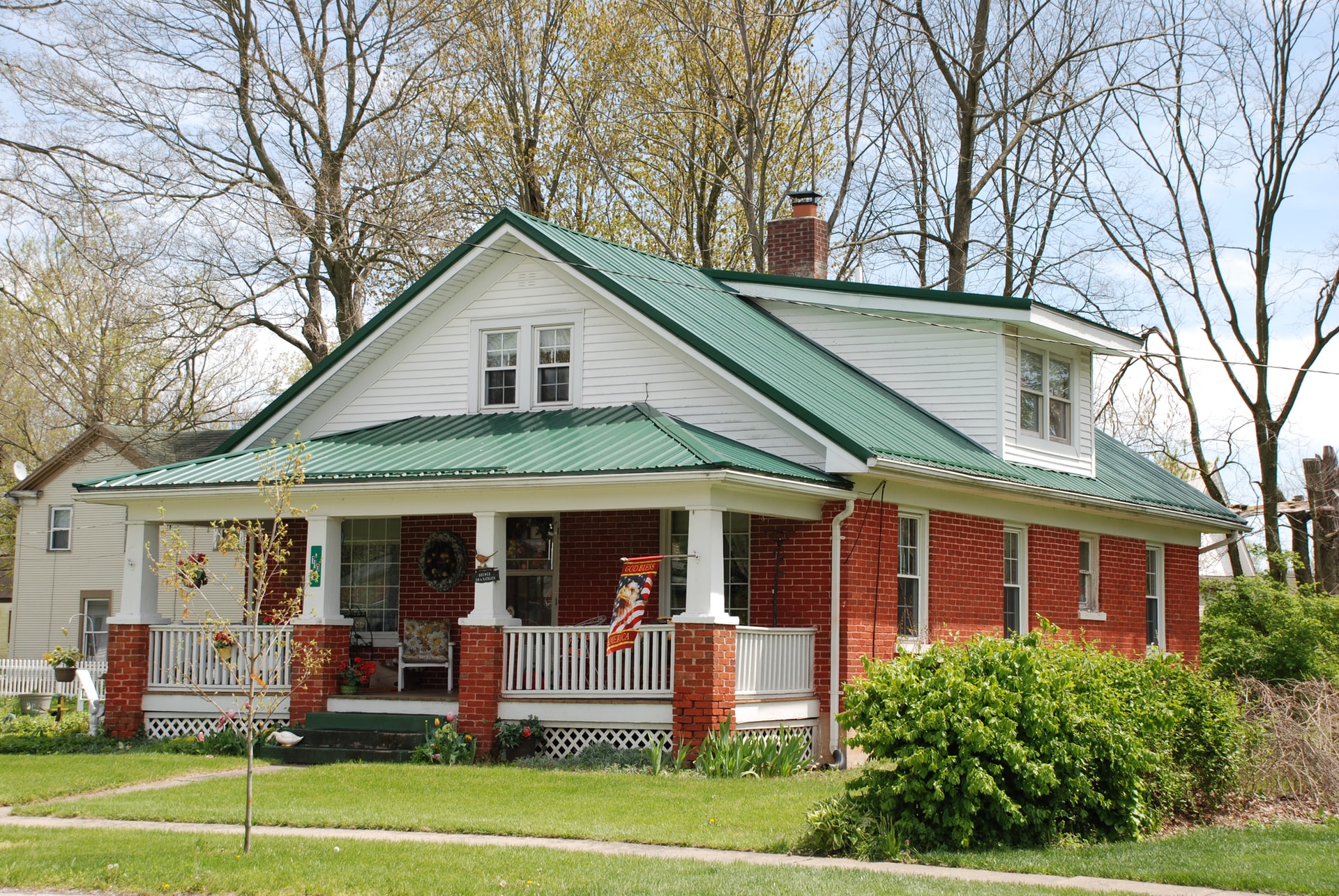Are you selling your home soon and expecting to make a huge profit? Before you make a plan for the sale proceeds, consider the closing costs you’ll be responsible for. They’re around 3 to 6 percent of the purchase price in most instances, typically divided between you and the buyer.
What are Closing Costs?
Closings costs is a blanket term used to describe any expenses and fees you’ll pay when it’s time to close the transaction. A bulk of the closing costs are paid by the buyer. However, the seller will likely have fees to take care of at the closing table.
Who Typically Pays Closing Costs When Selling a House?
Closing Costs Usually Paid By Buyers
Below is a list of closing costs typically paid by the buyer:
- Attorney or settlement fee: the fee paid for legal representation for the individual or party purchasing the home
- Bank processing fee
- Credit report fee: the fee incurred by the lender to access the credit reports needed to assess your creditworthiness and determine your eligibility for a mortgage loan
- Discount points: a fee paid to lower the interest rate on your mortgage
- Home appraisal fee: required by the lender to ensure the loan amount is equal to or less than the value of the home
- Home inspection fee: also required by the lender to ensure the home is free of major issues or defects
- Loan origination fee: sometimes called the administrative, underwriting or processing fee and covers the costs incurred by the lender to analyze your mortgage application and prepare it for funding
- Mortgage broker fee: only assessed if you work with a mortgage broker to find a suitable loan product
- Notary fee: can be included in the loan origination fee or assessed as a standalone item
- Prepaid interest: the amount of interest that accrues on the mortgage between the closing date and the due date of the first monthly mortgage payment
- Prepaid insurance: covers the cost of homeowner’s insurance
- Prepaid taxes: approximately two to three months of applicable property taxes
- Recording fee: the cost of filing your mortgage and deed with the county you live in
- Survey fee: charged by some lenders to have a drawing of the property that includes boundaries and improvements completed
- Title search and insurance fee: protects the buyer and lender from title claims and confirms there are no liens against the property; title insurance will kick in if there’s an error during the title search
Closing Costs Usually Paid By Sellers
Sellers pay the real estate fee or commission, which is between 5 percent and 6 percent of the purchase price. It’s generally split between the seller’s agent and the buyer’s agent. You could also be on the hook for a loan repayment fee if it’s assessed by your mortgage lender. Some additional closing costs paid by sellers include:
- Attorney fees: the fee for legal representation when you sell your home (Quick note: Attorney oversight is mandated in Alabama, Connecticut, Delaware, Florida, Georgia, Kansas, Kentucky, Maine, Maryland, Massachusetts, Mississippi, New Hampshire, New Jersey, New York, North Dakota, Pennsylvania, Rhode Island, South Carolina, Vermont, Virginia, Washington, D.C. and West Virginia
- Homeowners Association (HOA) fees: the amount of the HOA fees due on the day of closing
- Prorated property taxes: the portion of the property taxes payable from the start of the year to the date of the sale
- Seller concessions: the amount of closing costs the seller agrees to pay for the buyer to make the deal more appealing
- Title insurance: shields the buyer from title-related issues
- Transfer tax: commonly referred to as a title fee or government transfer tax that’s payable when the home title passes from the seller to the buyer
Average Total Closing Costs and Differences per State
The amount buyers and sellers pay for closing costs varies by state. Here’s an idea of what you’ll pay in select states to sell your home to an iBuyer:
Average Total Closing Costs
Alabama
- Assessment Letters: $50
- Attorney Fee: $100
- Recording Fee: $20 – $50
- Settlement Fee: $500
- State Tax: $1/$1,000 of the purchase price
- Title Exam: $300
- Title Insurance: 0.35 percent of the purchase price
- Wire Fee: $50
Florida
- All Special Assessments: varies
- Document Stamp Tax: 0.7% of the purchase price
- HOA Estoppel Fee: varies
Georgia
- Closing Attorney Fees for any curative work: varies
- Mobile Signing Services: $275 base
- Property Transfer Tax: 0.1% of the purchase price
Texas
- Curative Fees: varies
- Guaranty Assessment Recoup Charge:$4.50
- Property Taxes: varies
- Survey: varies
- Title Policy, Escrow Fee: $475
How to Reduce Your Closing Costs When Selling a House
Compare Prices for the Title or Escrow
Sellers are free to shop around for title and escrow companies. If you live in a state where these entities are all allowed to set their own rates, you could save more by doing your research.
Use FSBO or a Broker that Offers Discounts
You can avoid paying a portion of the real estate commission by going the “For Sale By Owner” route. Or you can opt to work with a broker that offers discounts to home sellers.







